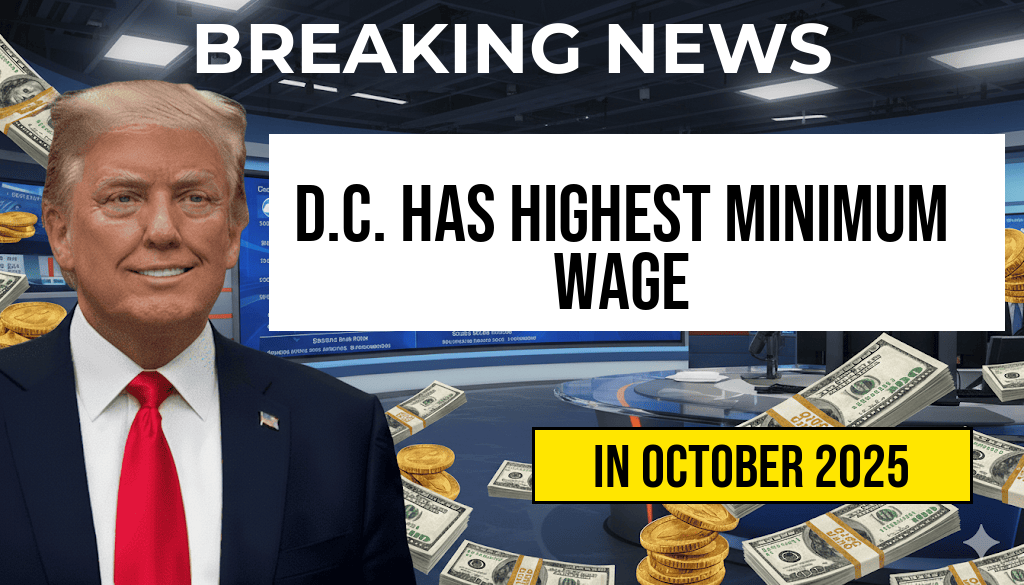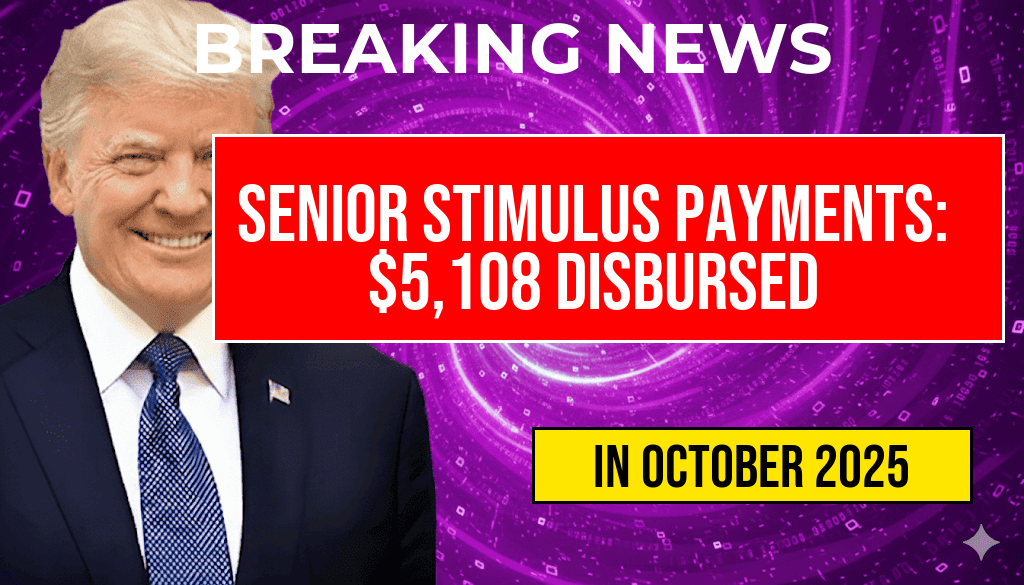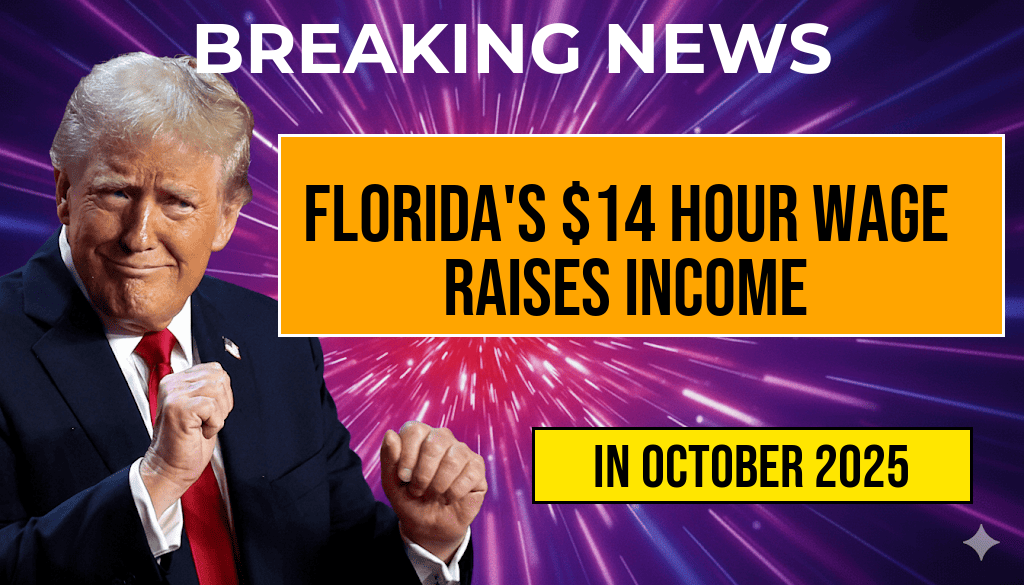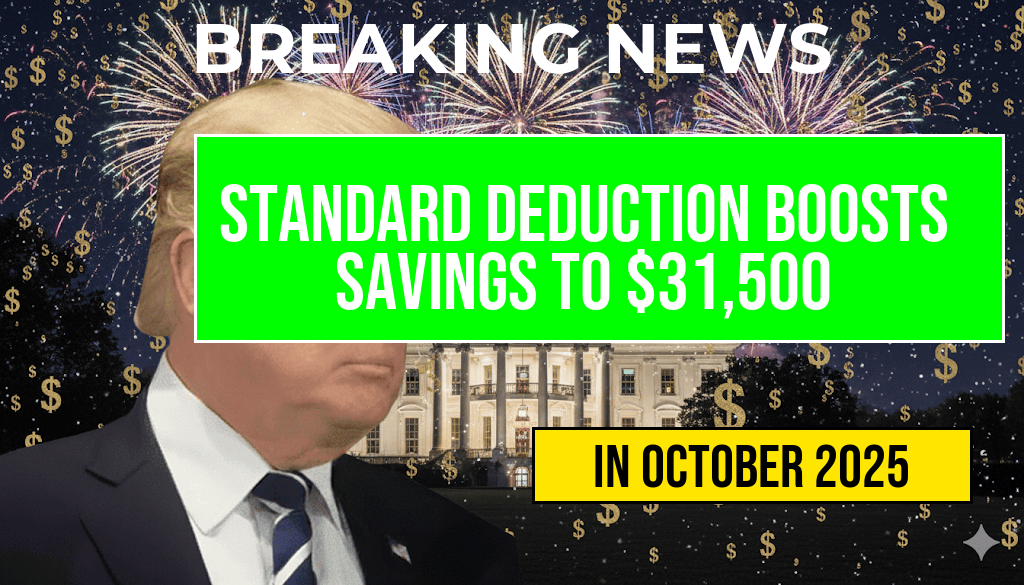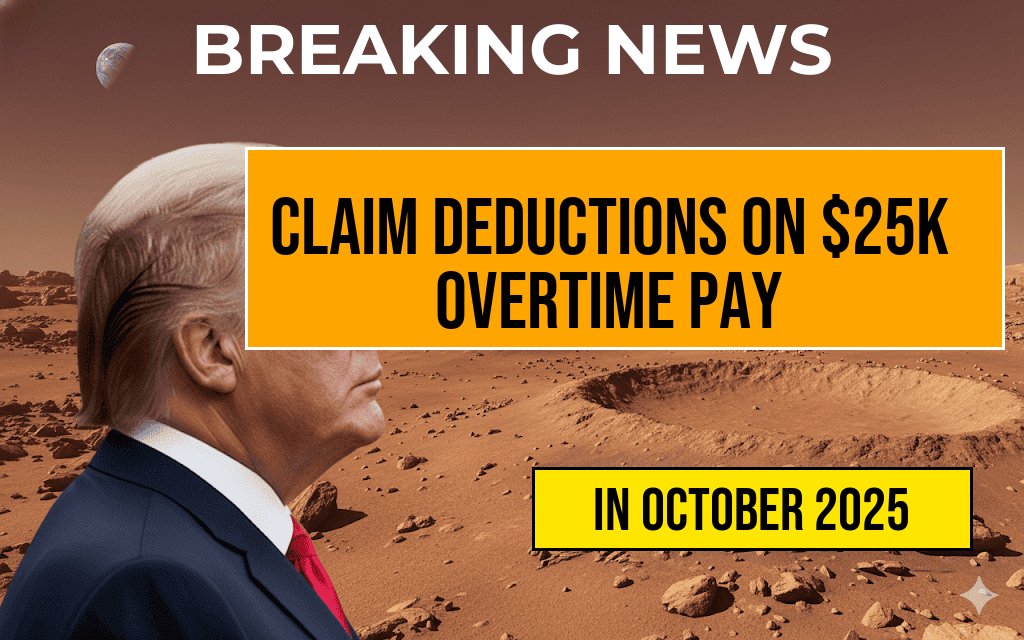Washington D.C. has secured its position as the U.S. city with the highest minimum wage, setting the rate at $17.95 per hour as of 2024. This figure surpasses the national average and reflects ongoing efforts by local policymakers to address the rising cost of living and income inequality. The District’s proactive approach to wage regulation continues to influence neighboring jurisdictions, shaping broader discussions around economic equity and labor standards across the country. The city’s commitment to maintaining a living wage demonstrates its response to economic challenges faced by low-income workers, particularly in sectors such as hospitality, retail, and public service. As debates over minimum wage policies persist nationwide, Washington D.C.’s benchmark serves as a notable example of local government initiatives aimed at improving workers’ financial stability.
How Washington D.C. Achieved the Top Spot
The District’s minimum wage policy has evolved through a combination of legislative measures and voter-approved initiatives. In 2019, D.C. implemented a gradual increase in the minimum wage, with scheduled steps to reach the current rate by 2024. The city’s approach balances economic growth with social equity, ensuring that wages keep pace with inflation and regional economic conditions.
Factors Contributing to the High Minimum Wage
- Cost of Living Adjustments: Washington D.C. consistently ranks among the most expensive U.S. cities, with housing costs, transportation, and healthcare contributing significantly to residents’ expenses.
- Legislative Support: Local laws, including the Fair Wages Amendment, mandate annual increases aligned with inflation and economic indicators.
- Political Climate: The city’s leadership has prioritized economic justice, advocating for wage increases to support low- and middle-income workers.
Impact on Local Economy and Workforce
The elevated minimum wage aims to bolster the purchasing power of low-income households, potentially leading to increased consumer spending and economic activity within the city. Employers, however, face the challenge of balancing wage costs with profitability, which has sparked debates among business owners and labor advocates alike.
Employment Trends and Business Response
While some critics express concern about possible job reductions or increased automation, recent studies suggest that a well-implemented minimum wage hike can have minimal adverse effects on employment levels. Many businesses have adapted by improving productivity, raising prices modestly, or investing in employee training.
Comparison with Other Major Cities
| City | Minimum Wage | Effective Date |
|---|---|---|
| Washington D.C. | $17.95 | 2024 |
| Seattle, WA | $17.00 | 2024 |
| San Francisco, CA | $16.99 | 2024 |
| New York City, NY | $15.75 | 2024 |
| Chicago, IL | $15.00 | 2024 |
Broader Policy Discussions and Future Outlook
The decision to set the minimum wage at $17.95 reflects a broader trend toward regional wage standards that account for local economic realities. Advocates argue that such thresholds are essential for reducing income disparities and promoting economic mobility, especially as inflation persists. Meanwhile, critics caution that excessively high wages could impact competitiveness and employment levels, particularly in sectors dependent on low-wage labor.
Research from institutions like the Wikipedia indicates that the relationship between minimum wage increases and employment is complex, with outcomes varying based on local conditions and implementation strategies. As Washington D.C. continues to refine its wage policies, monitoring their long-term effects on both workers and businesses will be critical to informing future policy adjustments.
Resources for Further Information
Frequently Asked Questions
What is the current minimum wage in Washington D.C.?
The minimum wage in Washington D.C. is currently set at $17.95 per hour.
How does Washington D.C.’s minimum wage compare to other states?
Washington D.C. has the highest minimum wage among U.S. states and territories, surpassing other regions with a rate of $17.95 per hour.
Are there any recent changes to the minimum wage in Washington D.C.?
Yes, the minimum wage in Washington D.C. has recently been increased to its current rate of $17.95 per hour, reflecting ongoing efforts to improve living standards for workers.
Who is affected by the minimum wage laws in Washington D.C.?
The minimum wage laws in Washington D.C. apply to most hourly workers, including service industry employees, retail workers, and others earning below the set threshold.
Will the minimum wage in Washington D.C. increase in the future?
Future wage increases depend on legislative decisions and economic factors, but currently, Washington D.C. is committed to maintaining a competitive minimum wage to support workers.

